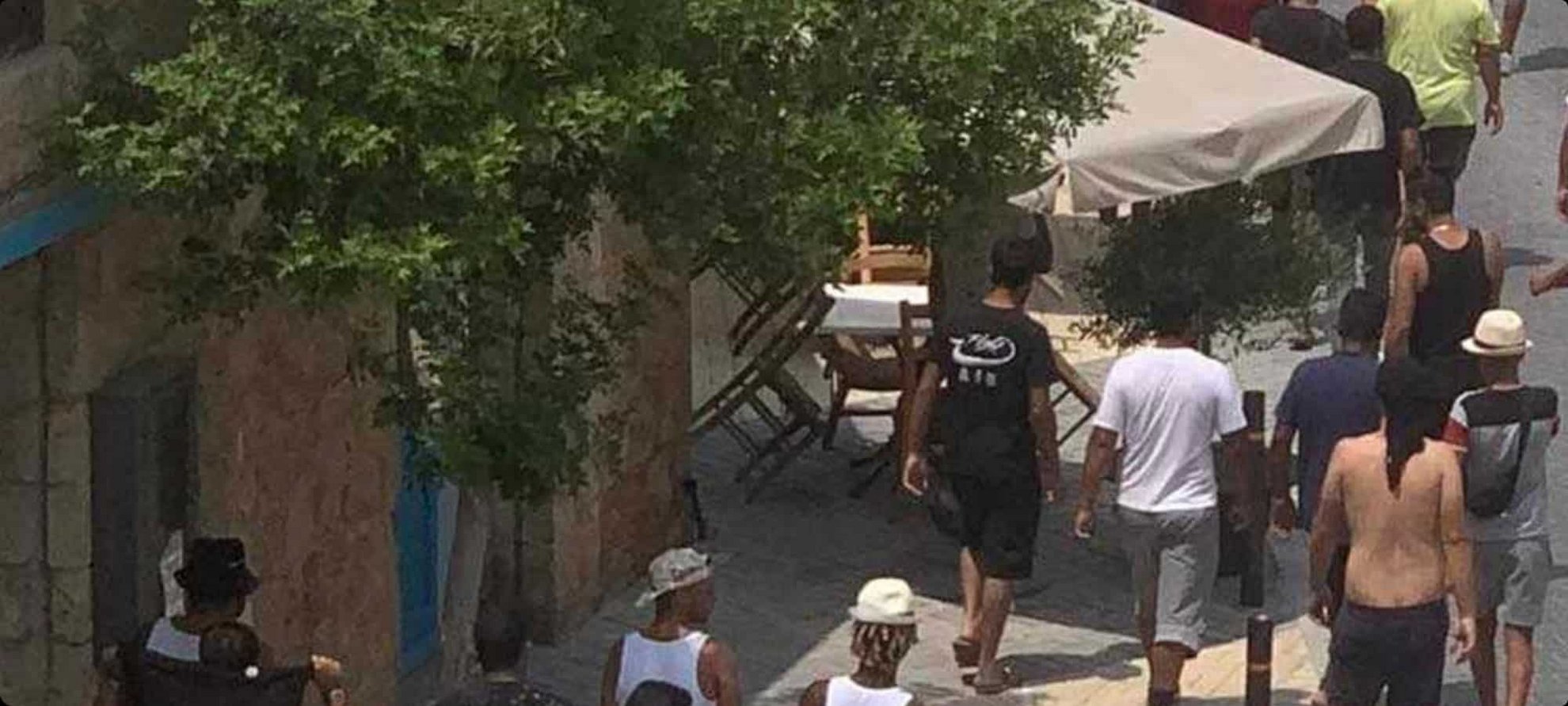A meeting will be held on Monday chaired by President Nikos Christodoulides to discuss the situation in the Paphos village of Chlorakas following a recent protest by migrants living at a complex who have asked for new housing.
According to the Cyprus News Agency, the aim is to take “immediate and decisive decisions”.
The meeting will be attended by the ministers of Interior and justice, the deputy minister of social welfare and the chief of police.
The president, the report said, will make it clear that any phenomena that endanger public safety would not be accepted.
Christodoulides, it added, was also in contact and communication with the president of the Chlorakas community council.
Around 100 people living in the complex in question have staged protests since they said their electricity and water supplies had been cut. In the case of the electricity the EAC axed supply after it found that some of the residents had been illegally tapping into a nearby substation that is now under guard.
The building is predominantly inhabited by third country nationals.
The latest protest was initially peaceful until a group of demonstrators moved towards the substation at around 10pm on Monday, allegedly trying to restore their electricity supply.
At this point, the police’s anti-riot unit intervened, and the residents began to throw rocks at the officers. The police deployed chemical irritants to disperse the protesters.
Later on Friday members of opposition Disy’s leadership visited Chlorakas “to be informed firsthand by both the residence and authorities about the whole situation, and to discuss with them ways to solve the problem”.
Following the delegation’s meeting with the community’s leader, Disy’s deputy chairman Efthimios Diplaros suggested the government keep the migrants in closed structures and immediately deport those who are here illegally.
While announcing their visit, Disy said “the situation as it develops in Chlorakas is unacceptable and condemnable and at the same time exposes the inability of those in government to implement law and order”.
“Citizens have a right to feel safe. Those being welcomed to Cyprus should know their obligations: to respect the laws of the country that hosts them and the property of its citizens”, they added.
They also said “extreme behaviour and incidents of violence should be dealt with decisively and where appropriate with the measure of expulsion. For some time now, Disy has been warning about the dangers of this phenomenon of ghettoization. In addition to enforcing order and dealing with disorder, the problem should be tackled holistically and at its root”.
“The whole of society and all of our citizens expect us to meet the challenge, at the same time respecting our international obligations for those who are genuinely at risk in their countries and entitled to asylum and protection”, they added, saying they “stand by” the residents of the area.







Click here to change your cookie preferences